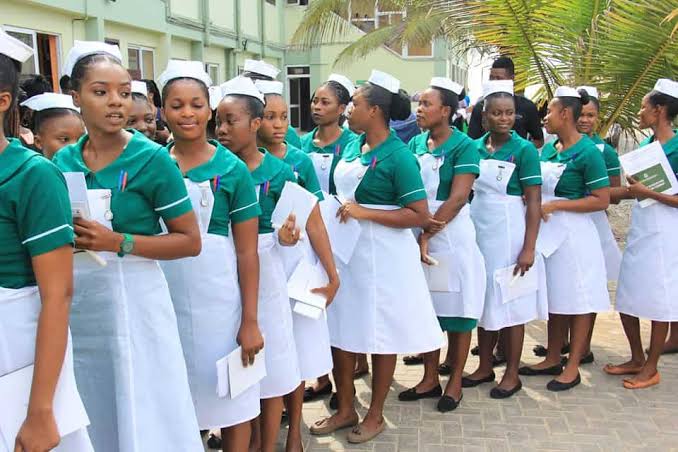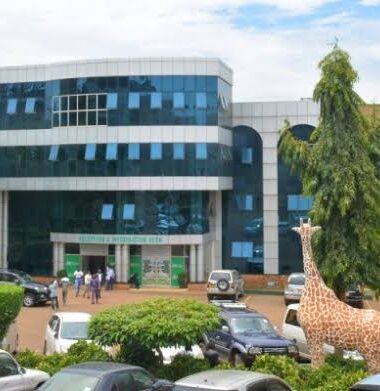FAQ About Midwifery Schools in Ghana
What are the benefits of becoming a midwife in Ghana?
There are many benefits to becoming a midwife in Ghana. Midwives play a vital role in the health and well-being of women and newborns. They provide essential care during pregnancy, childbirth, and the postpartum period.
Midwives also play a role in educating women about their health and well-being.
The profession of midwifery is also very rewarding.
Midwives get to witness the miracle of childbirth and help women bring new life into the world. They also get to build relationships with women and their families.
What are the challenges of becoming a midwife in Ghana?
There are some challenges to becoming a midwife in Ghana. The workload can be heavy, and midwives may have to work long hours. They may also have to deal with difficult working conditions.
However, the challenges of being a midwife are outweighed by the rewards. Midwives are making a difference in the lives of women and newborns, and they are helping to improve the health of the population.
How can I learn more about midwifery schools in Ghana?
You can learn more about midwifery schools in Ghana by visiting the websites of the schools or contacting the schools directly. You can also find information about midwifery schools in Ghana in the Ghana Nursing and Midwifery Council (N MC) directory.
What are the different types of midwifery programs in Ghana?
There are two main types of midwifery programs in Ghana: diploma and degree programs. Diploma programs typically take three years to complete, while degree programs take four years to complete.
Diploma programs are more focused on practical skills, while degree programs also include theoretical coursework. Diploma programs are a good option for students who want to start working as midwives as soon as possible. Degree programs are a good option for students who want to pursue a career in research or education.








